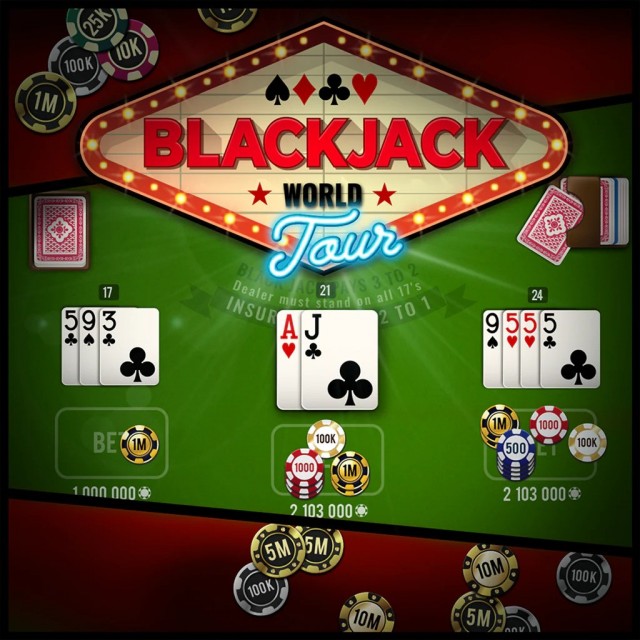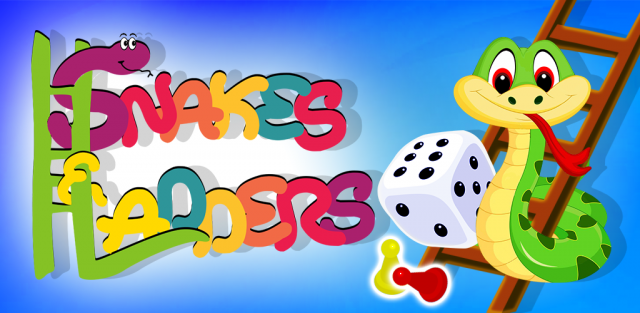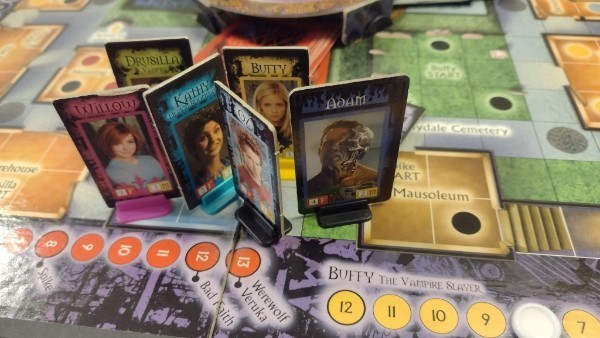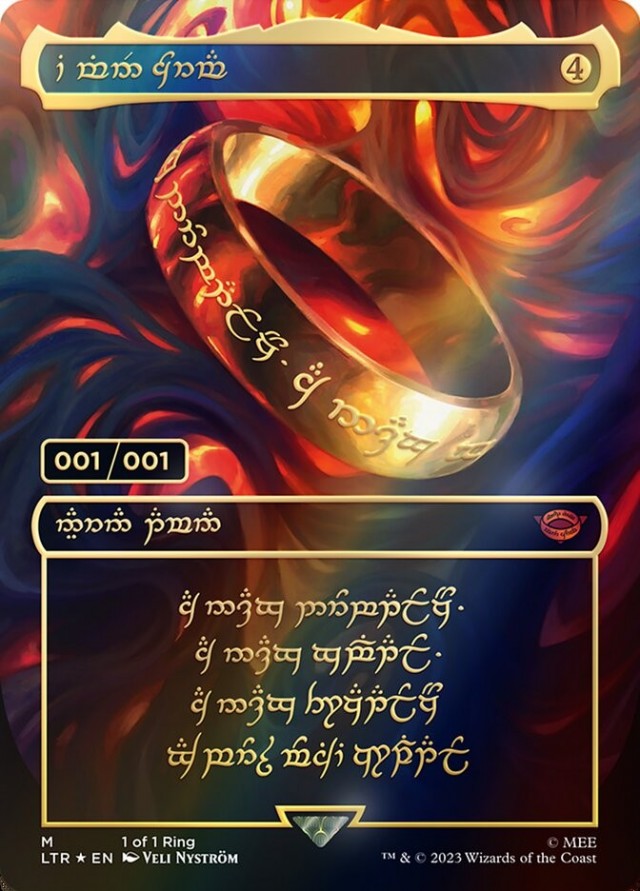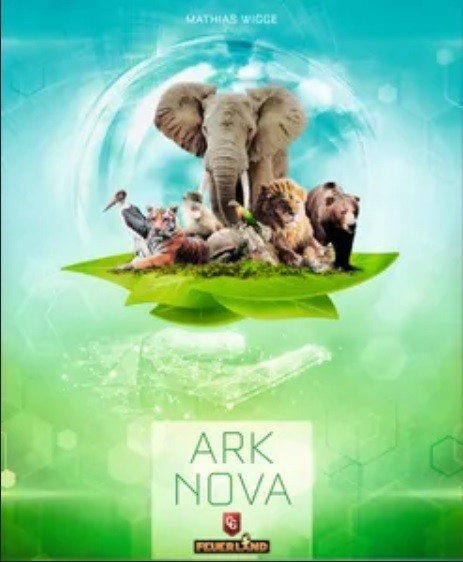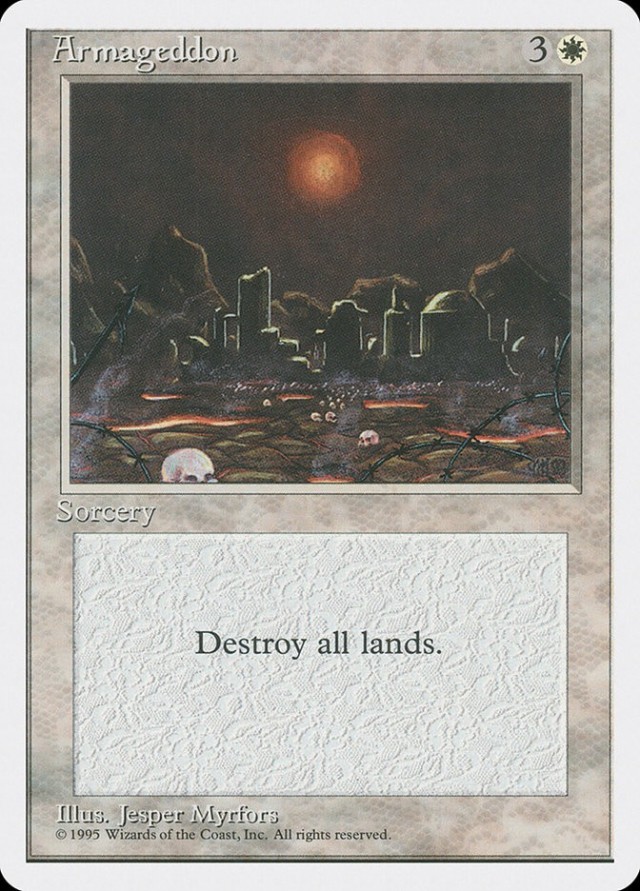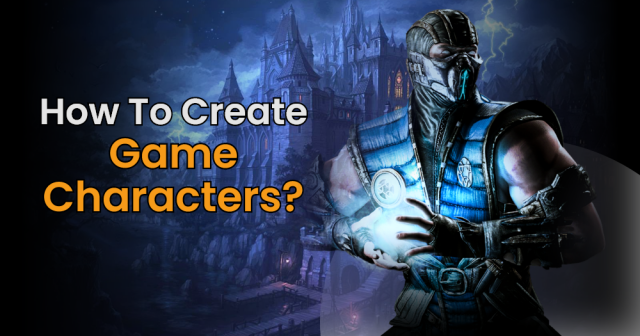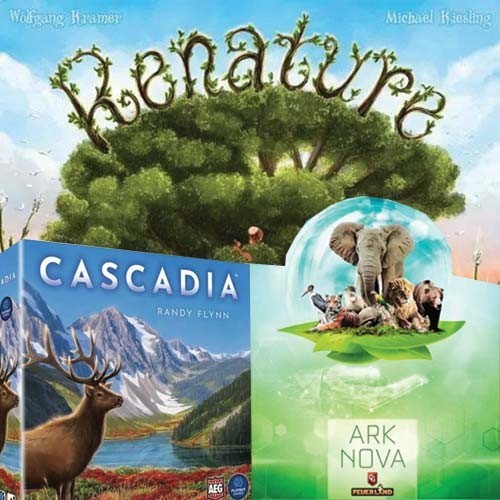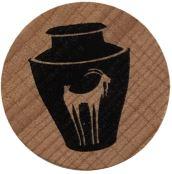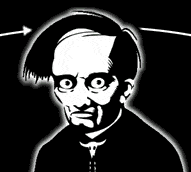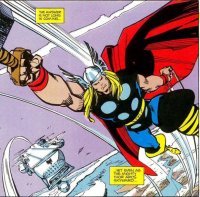You walk in the room. It's where you keep odds and ends, like your seaturtle collection and your grandmother's quilt. You flip the light switch, but there seems to be no power. You quietly ask yourself, "Why do I own this?"
How did I get it? I just ordered it off Amazon, which is nothing remarkable. The remarkable part is that my wife actually requested that we buy this one. We played it at a game cafe in Cleveland, and it made such an impression on her that she wanted to buy it.
Why do I still have it? My wife is given to cute, colorful German-style games. Patchwork definitely fits that bill, although it has a little edge to it as well. There's the punishing scoring mechanic and the somewhat gamey turn mechanic, both of which are well-done but bring this game above the level of "cute." But my wife enjoys it a lot, so it's been our most-played two-player game in recent years.
How is it? There was a time when there were so many light two-player German games that something like Patchwork would not have been remembered. To be clear, it's a good game. Uwe Rosenberg is a very capable designer, and I feel like the turn mechanism in particular forces some really great decision-making. I also find that I'm able to plan ahead more easily than in other games, maybe because the spacial element is intuitive for me. Anyway, it's good, but I don't know if it could rise above the whole genre 15 years ago. But it came out in 2015, not 2000, which made it the rarest of Pokemon. So it's easy to feel like its popularity is at least a little bit from being the most well known game in a dying genre. But then when I play it I'm reminded that, no, it's actually quite good on its own terms. As an aside, I especially appreciate what the game represents for Rosenberg, who since 2007 has largely iterated the same epic worker-placement game over and over. Patchwork feels like a nice call back to his earlier work, and I appreciate that.
Pawikan Patrol
How did I get it? Pawikan Patrol is actually a little Filipino game that was published locally here and available in a popular local game store chain. I bought it on site just to have a little game to celebrate the country that has been very welcoming to me.
Why do I still have it? I've only played Pawikan Patrol the one time, and it didn't blow me away. That said, there's a certain hipster street cred to owning a small-press game from another country. So even if the game itself is just okay, this one isn't going anywhere.
How is it? "Pawikan" is the Tagalog word for "seaturtle," and in this game the players are all conservationists trying to protect baby turtles from poachers. Having actually released a seaturtle into the ocean I can say that the experience is highly abstracted, but it's still got its own little charm. The illustrations help a lot. Even the poacher looks huggable! But it's a very mild pleasure, and not one that I can comment on with much detail yet. That said, I am firmly in favor of voices from outside North America and Europe getting into game design, and I think on that level Pawikan Patrol is a win. It's a fetching production, a simple, gentle game, and one that focuses the players for a quick fifteen minutes on conservation. All of those are good things.
How did I get it? My wife bought me Power Grid as our wedding present. That's just the kind of marriage we have.
Why do I still have it? When you have played games for double-digit years, games rarely see play that whole time. Power Grid is one of those games for me. It was a love-at-first-sight situation, and I have collected a couple of expansion boards, the new power plant deck, and even the Stock Market expansion (which I've never played). It has proven to be one of the most popular games I own, having been a favorite with almost every group I play it with. Put it this way: at some point there was a web application that would compare your own scores for games on BGG with that of all of your Geekbuddies. The idea was that you could see what games were the biggest points of agreement between all of you. For me that game was Power Grid, and it wasn't close.
How is it? It's somewhat obscured now, but Power Grid is at its core a train game. This was more obvious with the original Funkenschlag, Power Grid's German ancestor, which allowed players to draw lines on a board, just like Empire Builder. But Power Grid has the same feel, while somehow managing to be distinct. It's especially impressive because it's not a very clean design. There are a lot of small rules that need to be observed to keep the game functioning, and it can be very difficult for new players to get a toehold. But man, I love this game so much. Every subsytem in the game feels well-executed, from the power plant auction, to the fuel market, to the connecting of cities to your grid. It's a really cutthroat experience too, forcing you to really kick each other to succeed at all. It almost has the feel of a classic Avalon Hill design, except with a little German design polish to make the game more approachable. If I have any complaint it's that the game can get a little too varied with more than four people. At five or six, there's a feeling that the winner will be the person left standing, not the person who played best. But then a lot goes into making sure that person is you, so in the end it just forces the player to play differently. I'm not sure I would ever turn down a game of Power Grid at this point in my life, and I expect I'll still be playing some form of it decades from now.
How did I get it? This was another review copy from my gig as a reviewer for Miniature Market. I generally like Days of Wonder, so this one was a specific request on my part. I also have the Public Works expansion, and I reviewed that too. (It represents the last published review I had on MM.)
Why do I still have it? This is another of those games that I didn't sell, but that I left in the US at my parent's house. I did the same to Five Tribes, but made it a point to get that game to Manila ASAP. I have not made the same effort with Quadropolis.
How is it? Given how many games of Quadropolis I've played you'd think that I really liked it. Well, it's okay. It's almost the textbook definition of an okay game, actually. It's well designed, kind of reserved, not a ton of interaction, and it looks nice. I feel like there's a niche for great SimCity sort of game that would be approachable to casual players. Maybe that game exists already, but Quadropolis is really just a Eurogame with pictures of buildings. That's not necessarily a problem you understand, but it's not the sort of thing that will ever get my blood pumping. It's tempting to look for things that could have been done differently, but then it would no longer be the game that I guess was a modest hit. Maybe it's a mark of maturity that I'm able to see a game's quality while still admitting that it's not a game I'm enthusiastic about. Or maybe it's just a mediocre game. I dunno, I write this stuff for free.
How did I get it? I think this was a gift to my wife at some point, though I don't remember exactly when. I remember playing the game for the first time though, something we did at a big family reuinion back in 2011. We played it a bunch too, since it was the rare game that appealed to great aunts, little kids, and sleep-deprived parents alike. I must have played ten games in four days.
Why do I still have it? Aside from the obvious reasons of, you know, liking it, let me applaud Qwirkle for including a cloth bag to hold all of the components. That is very useful for people who need to transport said game overseas, or take it places with them, etc. From now on I will only purchase bag-based games, I think.
How is it? I played a lot of Scrabble when I was still living with my parents. Scrabble is a good game, but only if everyone playing is roughly the same level. Qwirkle has a lot of the same feeling as Scrabble, but it's a much more approachable game, so I don't really play Scrabble much anymore. I recall some angst from hobbyists when Qwirkle took home the Spiel des Jahres, but it really is a perfect candidate. There are just enough things to consider every turn, and it has like 250 words of rules. That makes it a terrific family game. If I have any complaint at all, it's about how you really need to play to not set up the next player, more than to maximize your own success. That's usually not something I like much (it hurt my opinion of Puerto Rico) but it's simple enough to do in Qwirkle that I don't mind. As I get older I'm more inclined to play things like Qwirkle, and I'm glad it's there when I am ready.
Next time: Ancient monsters, Egyptian auctions, and dwarves who might not be trustworthy.
 Games
Games How to resolve AdBlock issue?
How to resolve AdBlock issue? 
